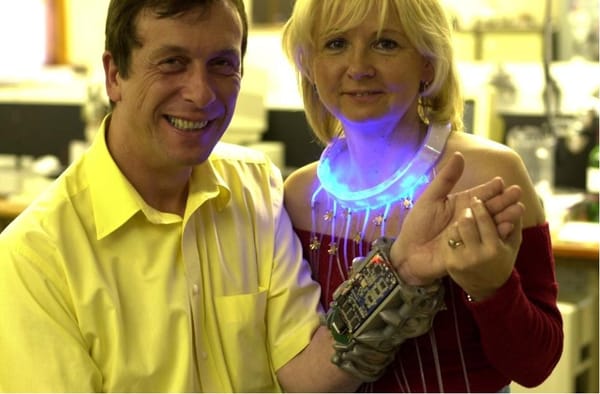Ice, Ice Baby
You know less about ice than you think

Fact: Hot water freezes faster than cold water.
Once upon a time, Erasto Mpemba was making ice cream in his cookery class. The sign of a good scientist? He noticed that the mix froze faster if it was hot, rather than just eating it.
First observed in the 1960s, this experiment has been repeated many times since but, despite gallons of warm ice cream, a satisfying explanation remained elusive. As such, this phenomenon has remained a mystery – until now.
Time to get molecular: Water is H2O – one oxygen and two hydrogen atoms held together by covalent bonds. The different water molecules are attracted to each other by hydrogen bonding. Now, Mr Xi Zhang has recently proposed that when the water molecules are pulled together by hydrogen bonding, their covalent bonds stretch, which stores energy. So, when the water is heated, and the water molecules move further apart, those same covalent bonds can relax, which releases energy. And releasing energy is the same as cooling.
This alternative cooling mechanism works in addition to normal cooling, and when you do the maths, that turns out to perfectly explain our ice cream mystery. It may seem counter-intuitive, but in a cocktail-party emergency you’re better off sticking warm water in your ice cube tray. This one was a bit too ‘science’ – don’t worry, next week we’re back to sex.
Another one of Mr Aran Shaunak’s Little Bites of Science








